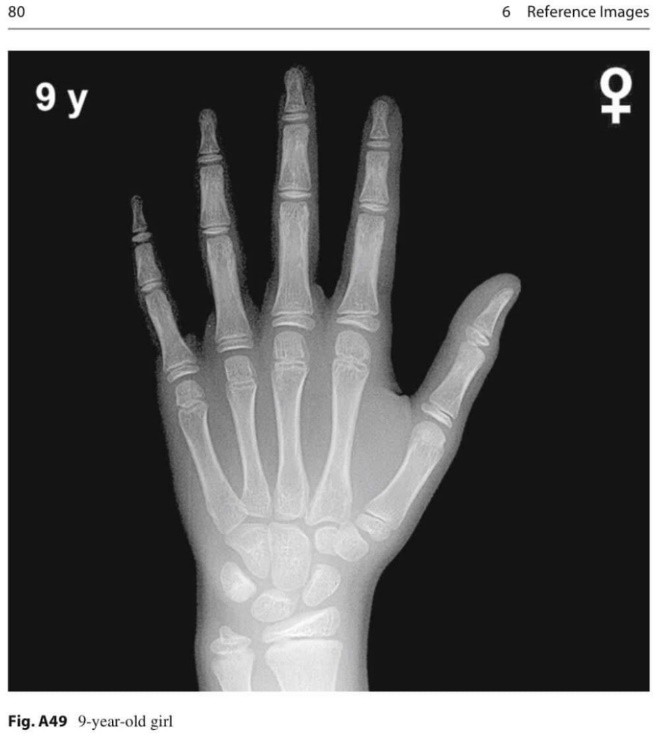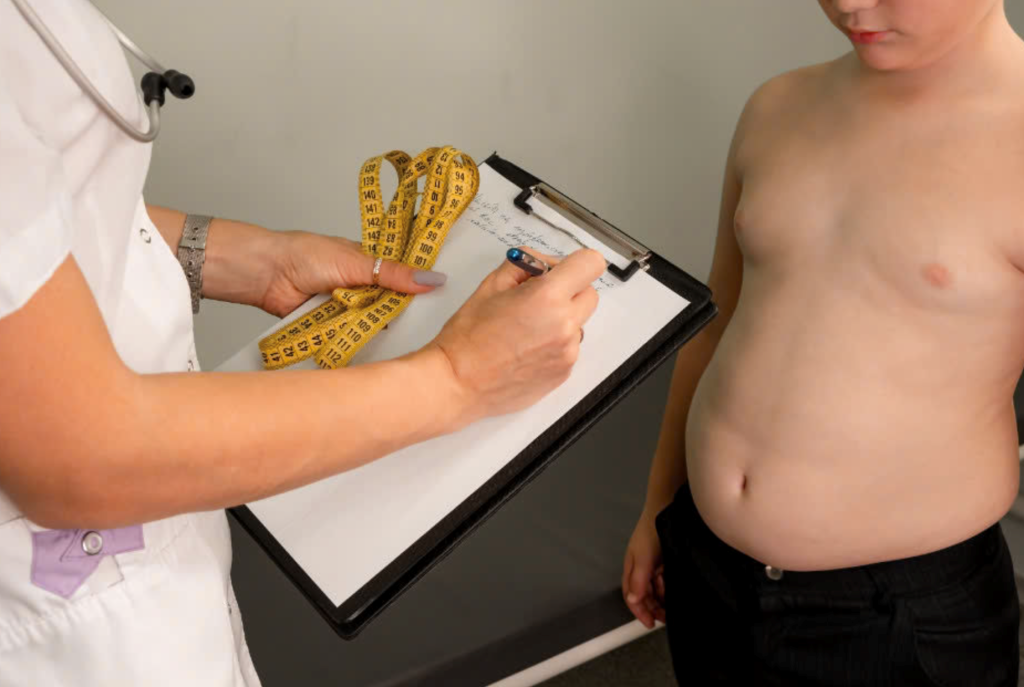According to Specialist Level I, Nguyen Thi Thu Huong, MD, MSc in the Internal Medicine Department at FV Hospital, children with early puberty should receive timely intervention to prevent short stature and potential psychosocial issues. However, many parents are still unclear about what early puberty actually is, often missing the critical window for supporting their child.
Early Puberty: Risk of Short Stature and Emotional-Psychological Challenges in Children
Recent media reports have highlighted a significant rise in the number of children receiving treatment for early puberty. Some children, as young as 6 to 8 years old, are already showing signs of puberty, raising concerns among many parents.
Dr Nguyen Thi Thu Huong from the Internal Medicine Department at FV Hospital, explains that early puberty refers to the onset of pubertal signs earlier than expected – specifically, before the age of 8 in girls and 9 in boys.

Common signs of early puberty include rapid height growth, acne, body odour, body hair growth, and mood changes. Girls may develop breasts and begin menstruating, while boys may experience voice deepening, enlargement of the testicles and penis, and even ejaculation. Studies show that early puberty is four times more common in girls than in boys,” explained Specialist Level I, Nguyen Thi Thu Huong, MD, MSc in Internal Medicine Department at FV Hospital.
Most cases of early puberty have no identifiable cause. However, a small percentage are linked to underlying conditions such as pituitary tumours, hormonal disorders, or genetic factors. In today’s modern lifestyle, several contributing factors have also been noted, including obesity, unbalanced diets, poor food quality, environmental pollution, and psychological stress.
Early puberty is not just a matter of “growing up too soon”, it can significantly impact a child’s physical and mental health. “One of the main concerns is height. The early rise of sex hormones accelerates bone maturation. While children may initially grow taller rapidly, the early closure of growth plates caused by this hormonal surge can limit their final adult height – typically around age 12 for girls and 15 for boys,” Dr Huong explained.
Furthermore, that early development of vaginal discharge and the onset of menstruation in girls – or testicular growth and ejaculation in boys – can pose hygiene challenges. At such a young age, children often lack the awareness and skills needed to care for their bodies properly, increasing the risk of infections.
“The early physical changes can also expose children to potential abuse, with serious consequences. Emotional and psychological changes, such as irritability, anxiety, and feeling different from peers, can lead to depression or even social withdrawal,” she added.

Early Puberty Requires a Comprehensive Treatment Strategy
When early signs of puberty appear, such as breast development in girls before age 8 or voice deepening in boys before age 9 – parents should consult a paediatric endocrinologist for proper evaluation.
With over 15 years of experience in diagnosing and treating early puberty, the Internal Medicine Department at FV Hospital provides a comprehensive approach. Children are first examined by endocrinology specialists, who conduct essential evaluations to determine a diagnosis. These include breast and abdominal ultrasounds to assess the uterus and ovaries in girls, testicular ultrasound in boys, and a hand X-ray to determine bone age.
Next, blood tests are performed to measure sex hormone levels and identify potential underlying causes, such as elevated prolactin, thyroid dysfunction, or tumours that secrete beta-HCG. If hormone levels appear low but imaging indicates ongoing pubertal development, a stimulation test using Diphereline is conducted to confirm the diagnosis.
Finally, an MRI scan of the pituitary gland is performed to rule out tumours – an essential step before initiating puberty-suppressing treatment.

Once early puberty is diagnosed, children are treated with puberty-suppressing hormone injections, administered every 1 to 3 months. “The goal of this treatment is to maximize final adult height,” explains Dr Nguyen Thi Thu Huong. The treatment plan is carefully reviewed with parents during each follow-up visit.
After stopping the medication, puberty typically resumes naturally within 6 months to 1.5 years. By that time, children are able to achieve more optimal growth – girls may gain an additional 15–20 cm in height, while boys can gain 20–25 cm.
To ensure holistic care for children with early puberty, FV Hospital adopts a multidisciplinary approach. Endocrinologists collaborate closely with gynaecologists to support families in sexual health education, while psychologists provide emotional and mental support as needed.
Managing Early Puberty: Stay Attuned to Your Child’s Development
To help prevent early puberty, parents should encourage their children to follow a balanced diet rich in vitamins, minerals, protein, and fibre while limiting fast food, sugary items, and high-fat foods. This should be complemented by a healthy, and regular exercise routine.

Most cases of early puberty are idiopathic, meaning they occur without a clear identifiable cause. This makes it especially important for parents to recognise the early signs. As Dr Nguyen Thi Thu Huong explains, a girl’s first menstrual period or a boy’s first nighttime emission typically marks the end of puberty – not the beginning.
She emphasises that early detection of initial signs, such as breast development or voice changes, is crucial. Parents should take their child to see a paediatric endocrinologist as soon as these signs appear. Early diagnosis enables timely and personalised treatment plans, often involving coordination across multiple specialties.
For consultation and treatment of early puberty, parents can contact the Internal Medicine Department at FV Hospital at: (028) 3511 33 33.

 Vi
Vi 












